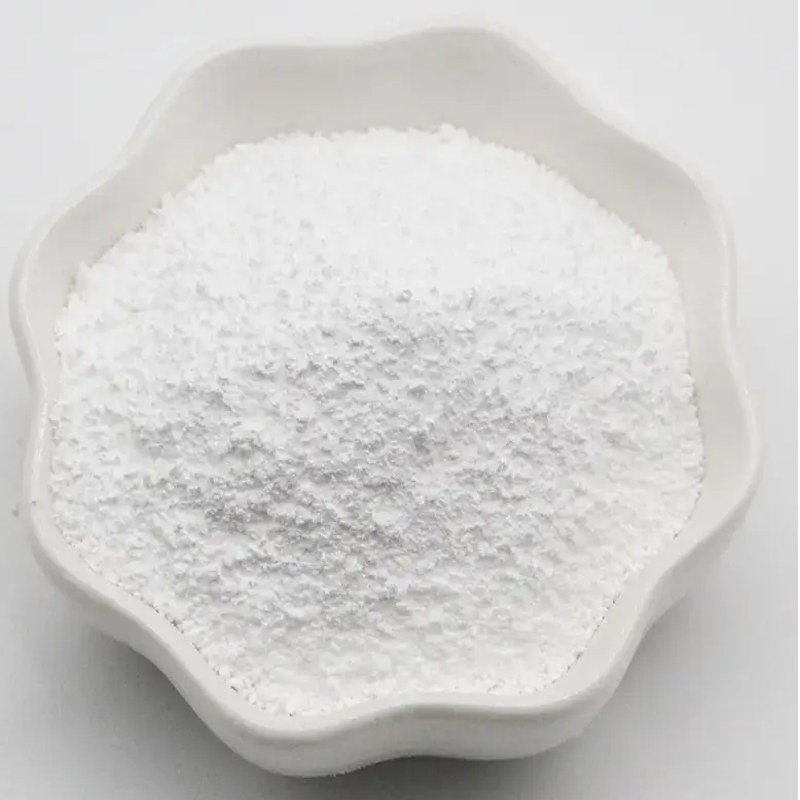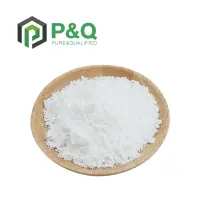-
Categories
-
Pharmaceutical Intermediates
-
Active Pharmaceutical Ingredients
-
Food Additives
- Industrial Coatings
- Agrochemicals
- Dyes and Pigments
- Surfactant
- Flavors and Fragrances
- Chemical Reagents
- Catalyst and Auxiliary
- Natural Products
- Inorganic Chemistry
-
Organic Chemistry
-
Biochemical Engineering
- Analytical Chemistry
- Cosmetic Ingredient
-
Pharmaceutical Intermediates
Promotion
ECHEMI Mall
Wholesale
Weekly Price
Exhibition
News
-
Trade Service
Since the end of 2019, the new crown pneumonia epidemic has spread rapidly around the world
.
As of April 3, 2021, there have been more than 129 million confirmed cases and 2.
The new crown pneumonia COVID-19 infection
Recently, Hepatology published a research paper comparing the acute liver injury risk and mortality of COVID-19 patients with current, past, and patients without HBV infection
.
.
This is a Hong Kong-wide retrospective cohort study conducted in Hong Kong
.
Include patients with COVID-19 diagnosed from January 23, 2020 to January 1, 2021
The choice of patients with SARS-CoV-2 infection/COVID-19
.
.
Among the 5639 patients included, 353 patients (6.
3%) and 359 patients (6.
4%) had HBV infection at present and in the past, respectively
.
Compared with patients who have not been exposed to HBV, the current patients with HBV infection are older and more likely to develop liver cirrhosis
Diabetes, heart blood vessels
ALT (A), total bilirubin (B) and ALP (C) in patients with SARS-CoV-2 /COVID-19 without HBV infection, current HBV infection or previous HBV infection
.
.
During a median follow-up of 14 (9-20) days, 138 (2.
4%) patients died; the incidence of acute liver injury was 58 (1.
2%), 8 (2.
3%), and 11 (3.
1%), respectively
.
Acute liver injury (adjusted HR [aHR], 2.
In a single multiple attribution data set, the cumulative mortality of SARS-CoV-2 infection/COVID-19 patients without HBV infection, current HBV infection or previous HBV infection is PS-weighted
.
.
Use corticosteroids, antifungals, ribavirin or lopinavir-ritonavir (adjusted or [aOR] 2.
55-5.
63), but not current (aOR, 1.
93; 95% confidence interval, 0.
88- -4.
24; P = 0.
102) or past (aOR, 1.
25; 95% confidence interval, 0.
62--2.
55; P = 0.
533) HBV infection is associated with acute liver injury
.
The study reported the current or past incidence of HBV infection or no HBV infection and liver injury patterns in COVID-19 patients
.
This is one of the cohorts with the largest number of serial measurements of liver biochemistry among COVID-19 patients with HBV infection at present and in the past
.
The biochemical changes in the liver of COVID-19 patients change dynamically during the clinical process, but there is no significant difference between the current, past and COVID-19 patients who are not infected with HBV
In summary, current, past and COVID-19 patients without HBV infection have similar risks of liver damage
.
Current or past HBV infections are not associated with a higher risk of death in COVID-19 patients
The current, past and COVID-19 patients without HBV infection have a similar risk of liver damage
.
Current or past HBV infections are not associated with a higher risk of death in COVID-19 patients
.
There is no increased risk of DILI or HBV virological outbreaks
.
The current, past and COVID-19 patients without HBV infection have a similar risk of liver damage
.
Current or past HBV infections are not associated with a higher risk of death in COVID-19 patients
.
There is no increased risk of DILI or HBV virological outbreaks
.
Original source
Yip TC, Wong VW, Lui GC, et al.
Current and Past Infections of HBV Do Not Increase Mortality in Patients With COVID-19 [published online ahead of print, 2021 May 7].
Hepatology .
2021;10.
1002/hep.
31890.
doi:10.
1002/hep.
31890
Current and Past Infections of HBV Do Not Increase Mortality in Patients With COVID-19 [published online ahead of print, 2021 May 7].
Hepatology .
2021;10.
1002/hep.
31890.
doi:10.
1002/hep.
31890 Yip TC, Wong VW, Lui GC, et al.
Current and Past Infections of HBV Do Not Increase Mortality in Patients With COVID-19 [published online ahead of print, 2021 May 7].
Hepatology is here leave a message







